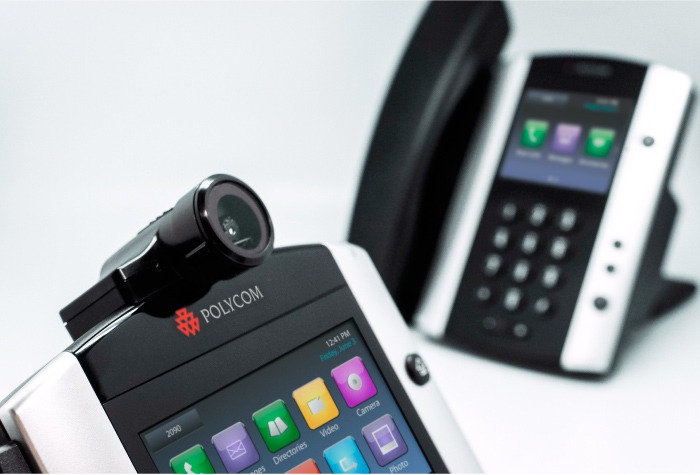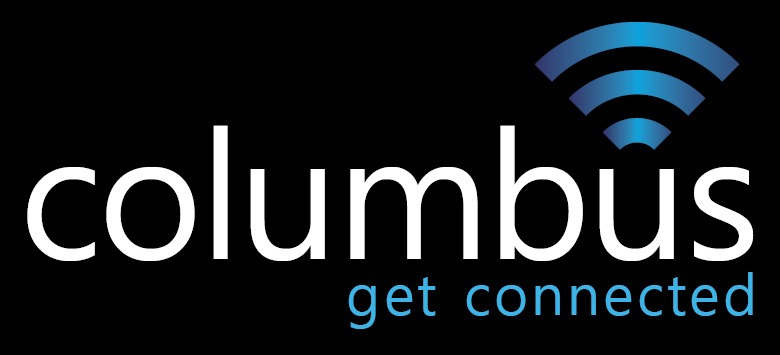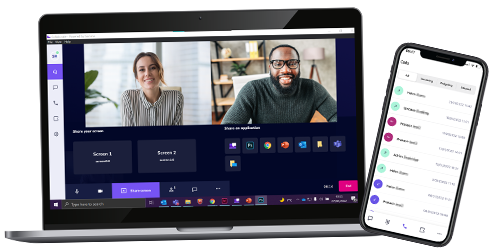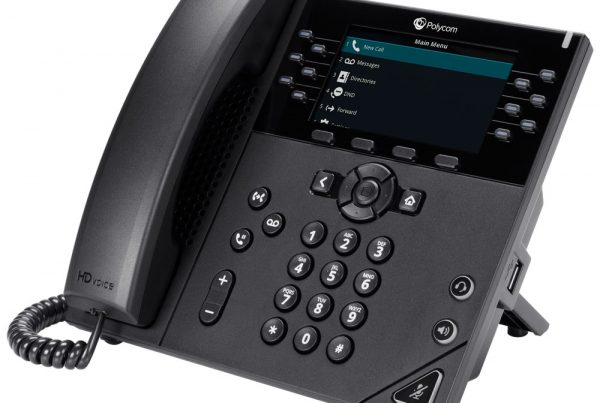
Hosted Business Phone Systems overtake traditional counterparts
The sale of hosted business phone systems has overtaken the sale of traditional systems at Columbus and these days, you cannot have failed to have noticed that most business applications and services for UK SMEs (Office 365, Dropbox and Salesforce for example) are delivered over a cloud infrastructure. The delivery model has accelerated very quickly from premise-based, CAPEX orientated solutions to hosted, OPEX orientated Software as a Service operating models. This allows UK businesses to securely operate key business applications such as email, helpdesk and CRM systems which are hosted centrally from a service provider’s data centre infrastructure. This provides businesses with the advantage of spending less time and money on investment and management of systems in house, freeing up resources to concentrate on the core competencies of the business. The transformation of service provider operating models has been driven in part by the innovation, improvement and reliability of data centre infrastructure combined with the connectivity options available to UK businesses which have decreased in costs over time, particularly EFM and Fibre Ethernet private Internet connections.
Hosted Business Phone Systems have matured
But did you know that business telecoms has shifted significantly to the cloud as well, and the shift to hosted telephone systems started long before the mass cloud adoption for IT and software services? A hosted business phone system moves your on premise PBX to the cloud. Long gone are the days of patchy call quality associated with consumer VoIP services. Business focussed service providers can deliver high grade, hosted telephone systems and the connectivity to support them to deliver excellent call quality and reliability as well as all the features associated with a traditional PBX solution and much more besides. Which do you choose though, a traditional, premise-based phone system or a hosted phone system?
Are you spending too much time and money operating legacy systems?
It is easy to underestimate the cost and time taken to manage outdated phone systems. Whilst the initial investment is usually straightforward (cost of phone system unit, handsets, headsets, installation, etc.), the total cost of ownership over the life of the contract is often not quite as clear. A traditional PBX needs to be configured, managed and maintained (usually by a third-party under annual contract). The system may also require hardware upgrades to continue to meet increased operational demands such as new trunk and extension cards and the introduction of new functionality may also require software upgrades, notwithstanding the additional line charges as you grow. All of the above components cost your business time and money and the traditional PBX deployment may be costing you more than necessary.
Improved technology and changing working practices drive appetite for flexible voice services
Nowadays we are all aware that the pace of technology development means that physical products can become obsolete very quickly and this happens in most technology product sectors including physical, premise-based business phone systems. Unless investment is maintained throughout the life of your traditional phone system you will miss out on upgrades and new features which could help your business grow and function more efficiently. Technology development is not the only aspect to consider; changing working practices also influence and drive how we use phone systems these days. Remote working, home working and hot-desking are all becoming more prevalent in our working lives and this means that employees no longer need to be tied to a specific location. This can cause issues if the phone system you bought 5 years ago does not provide the functionality you need to match your changing day-to-day operational requirements right now. This might also result in expensive call forwarding charges to external mobile numbers or inefficient message taking or worse, calls going straight to voicemail, which inevitably leads to lost time for the employee handling the call and a slower response time for the caller. How many potential business opportunities are lost because of an unsuccessful first contact? How is your customer satisfaction affected as a result?
Disaster Recovery capability is key for both voice and data
When we provide consultative services to our customers, it is not unusual to find businesses that overlook their voice services altogether when they create and update their business continuity plan. We find that a lot of customer plans are systems and data centric and they do not properly consider the impact of a service or hardware outage might have on their ability to handle inbound and outbound call traffic. Yet the ability to stay in verbal contact with customers is critical to most organisation’s success and even a small amount of downtime for a busy inbound or outbound call environment can heavily impact upon an organisation’s ability to operate effectively. If your business does experience a PBX or line failure how quickly can you recover and is the process straightforward? Do you have to contact multiple, 3rd party suppliers to get you up and running and how much time and revenue do you lose as a result? How does this affect customer satisfaction?
Flexibility when you need it
Whilst on premise PBX and ISDN business line solutions have dominated the UK SME market for the past few decades this is changing rapidly as without major investment, ISDN derived solutions do not provide the disaster recovery options, multi-site capability and remote worker options hosted business phone systems offer as standard. In addition, traditional PBX’s date rapidly and do not provide the flexibility required for a growing business without significant and ongoing upgrade costs.



